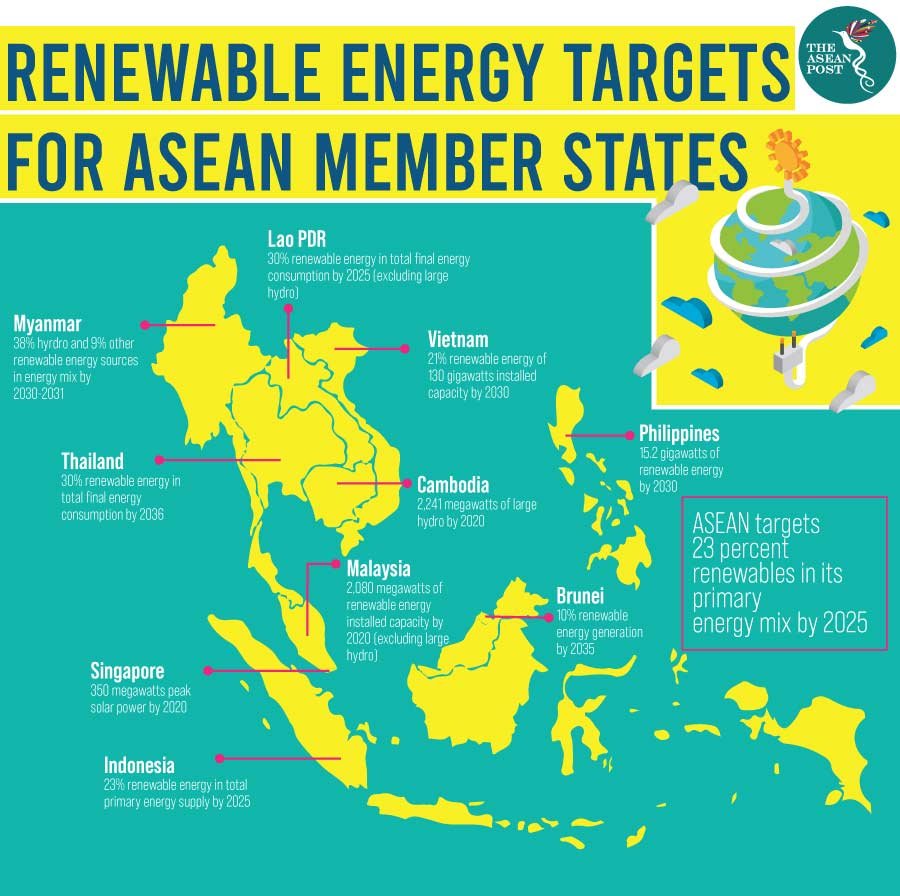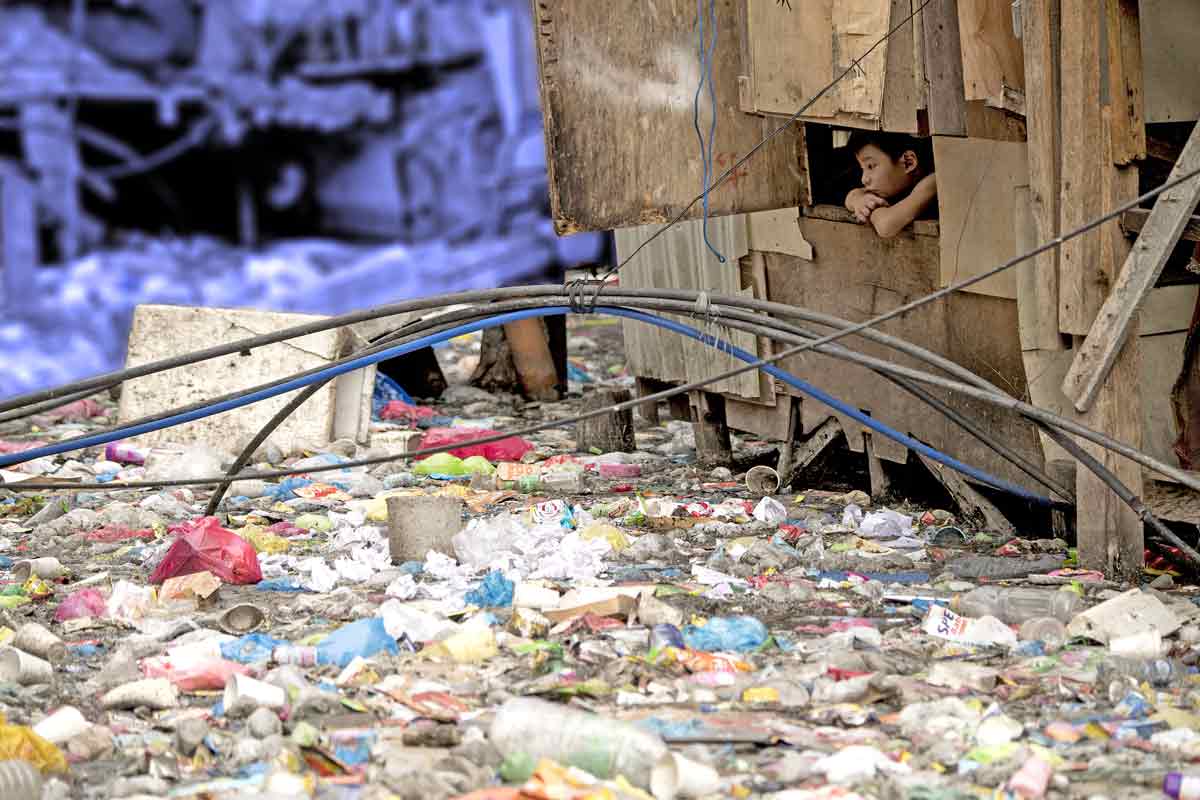As two of the most successful regional blocs in the world, the European Union (EU) and ASEAN have been cooperating across a wide range of sectors since formalising dialogue relations more than 40 years ago.
While trade and investment were the traditional pillars of this relationship, the two bodies have been working together in fields such as science, technology and energy as far back as 1980 when a joint committee established a programme of cooperation. From 2014 to 2020, the EU earmarked more than €60 million (US$68 million) to ASEAN programmes focusing on climate change, environment and disaster management.
Building on this strong foundation, the EU and ASEAN recently organised two events in which they stressed the need to deepen cooperation to address the most pressing environmental issues of the day.
Last Monday, the EU and ASEAN reaffirmed their commitment to cooperate in tackling environmental protection and climate change by launching a High-Level Dialogue on Environment and Climate Change in Bangkok. Officials who attended discussed the main areas of cooperation such as mitigation, adaptation, long-term strategies and sustainable finance in relation to climate change. Among the key objectives of the EU-ASEAN climate change initiatives include the fostering of efficient, clean and renewable energy; sustainable management of peatlands; and the reduction of problems caused by transboundary haze.
In another event last month, the EU and ASEAN conducted a two-day regional workshop in Kuala Lumpur centred around the importance of collaboration to develop a circular economy. Southeast Asia’s contribution to plastic pollution in the oceans over the past few years has steadily increased, and as the European External Action Service (EEAS) – the diplomatic service branch of the EU – notes, tackling the problem by addressing changes in policy and legislation on plastics is seen as the most efficient way to obtain solutions.
“Circular economy is not just another environment policy, it is not just another climate policy, and it is not another trade policy either. It's all that and more – a truly cross-sectoral effort, built around people’s needs, and built together with industries and companies like you,” said Daniel Calleja Crespo, the European Commission’s Director-General for Environment.
Challenges
The dialogue and workshop are both important tools for the EU and ASEAN as they mount a united fight against climate change and plastic waste.

The Paris Agreement is one of the key frameworks guiding climate change policymakers in the EU and ASEAN, and in 2017, the two regional blocs produced a joint statement which reaffirmed their commitment to the effective implementation of the landmark accord which was agreed upon in 2015 and has since been signed by more than 200 countries.
The agreement's main objective is to limit the increase in the global average temperature to well below two degrees Celsius above pre-industrial levels and to pursue efforts to limit the temperature increase to 1.5 degrees Celsius above pre-industrial levels – all with the aim of significantly reducing the risks and impacts of climate change.
There have been several objectors to the Paris Agreement – most notably the United States (US) –which pulled out of the accord in 2017 after claiming it would shackle their economy. At last month’s Group of 20 (G20) Summit in Japan, the US was the only country which refused to agree on a communique at the end of the two-day summit to reaffirm commitment to the climate deal.
With United Nations (UN) Secretary-General Antonio Guterres saying in March that the world is not on track to achieve the objectives defined in the Paris Agreement, the EU and ASEAN’s determination to work together to realise the objectives of the key treaty can serve as an example to other regional blocs.
ASEAN’s relatively lax environmental laws have seen containers of plastic waste from developed countries shipped to the region, and Greenpeace investigations in Indonesia, Malaysia and Thailand have revealed illegal recycling, open burning, water contamination and a rise in illnesses tied to pollution as a result of plastic waste dumping. Increasingly fed up at being a dumping ground for the developed world’s waste, ASEAN governments are now closing their doors to these imports and have started sending them back to their countries of origin.
All 10 ASEAN member states are signatories to the Basel Convention which serves to control the movement of hazardous waste from one country to another with plastic waste recently being added to the list of hazardous waste. Ratification of this agreement will better regulate the global trade in plastic waste and prevent it from having an adverse effect on ASEAN’s people and the environment.
Related articles:
ASEAN and EU reiterate their commitment to battling climate change
